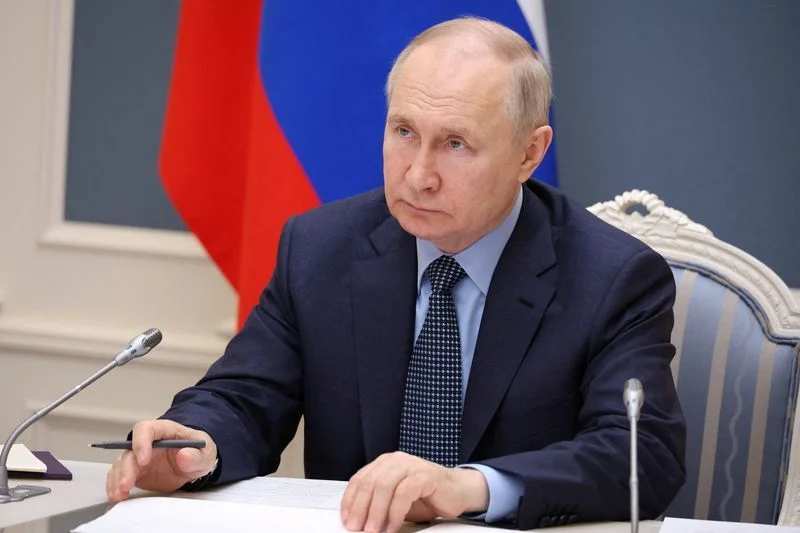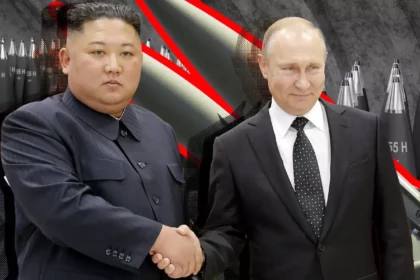In a significant development, members of Russian paramilitary groups are now required to take an oath of loyalty to the Russian flag. This presidential decree, signed on Friday, has come into effect just two days after the presumed death of Yevgeny Prigozhin, a notable figure in the realm of mercenaries.
The edict, with the primary aim of “establishing the spiritual and ethical foundations for the defense of the Russian Federation,” specifically applies to individuals associated with volunteer formations. These formations are typically synonymous with mercenary groups, often operating in various capacities.
Published on the official presidential website, this decision holds substantial implications for the paramilitary landscape in Russia. The requirement for members to pledge allegiance to the national flag indicates a concerted effort to instill a sense of patriotism and loyalty among these groups.
The timing of this decree, following closely on the heels of the reported demise of Yevgeny Prigozhin, adds an intriguing dimension to the development. Prigozhin was recognized as a prominent leader within the realm of mercenaries and had garnered significant attention for his involvement in paramilitary activities.
By mandating this allegiance to the Russian flag, the government appears to be making a deliberate move to reinforce national identity and solidarity, particularly within the context of paramilitary engagements. This move could potentially have broader implications for the operational dynamics and ideological orientations of such groups.
As the edict takes effect, it remains to be seen how paramilitary organizations and their members will respond to this call for loyalty to the national emblem. This new directive could potentially reshape the landscape of paramilitary activities in Russia, prompting discussions about the extent of its impact on both organizational structure and individual commitment.
The decree marks a notable step by the Russian government to assert control over paramilitary entities, aligning them more closely with national interests and objectives. It also raises questions about the potential consequences for those who may resist or question the mandated allegiance.
As the nation observes the aftermath of this decree, experts and observers will be closely monitoring its implementation and the resulting shifts within the paramilitary landscape. The measure serves as a reminder of the intricate relationship between state authority, armed groups, and the narratives of patriotism and loyalty that shape their actions.




